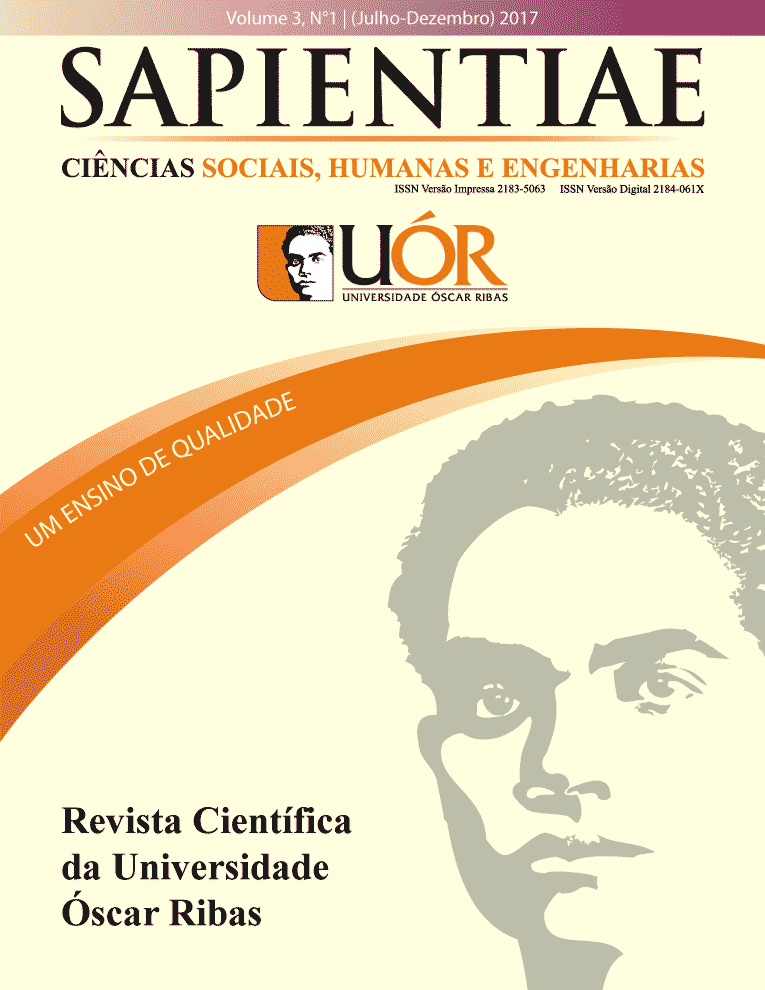Analitic approach to state conception through the thinking of Skocpol, Mann and Wallerstein: epistemic divergences and convergences
Keywords:
Skocpol, Mann, Wallerstein, State Autonomy, World System, State Power.Abstract
The purpose of this article is to make a description of the concept of the state present in the thinking of such theorists as Skocpol (1989), Wallerstein (2005) and Mann (2006). In order to establish the conceptual convergence that reflects the proposal of the world - system, in the autonomous actions and the autonomous power that interact in the notion of the State. In this way, it was proceed with an extensive analysis on the hemerographic production that has the theme through a rigorous systematization. In each approach we demonstrate the similarities and substantial differences that exist in the proposal, approach and methodology used by each of the exposed theorists. Where it was found that the figure of the system - world is more linked to a critical perspective, the autonomy of the State responds to a more institutional criterion, and the last, that is, autonomous power has a preponderance to have a structuralist affinity due to that in all three the State is the fundamental category. The results obtained demonstrate that the approach used by the authors mentioned has a significant difference, but it is possible to establish means of communication, to construct deeper analyzes of a subject as complex and exhaustive as can be the state for its complicated conceptualization in history, and becomes a bet where there is a kind of reflexive relationship between various approaches dedicated to the study of the state as a field of research in the social sciences.References
Centeno, Miguel. Angel. (2002). Blood and debt: War and the nation-state in Latin America. Penn State Press. USA.
Mann, Michael. (1991). Las fuentes del poder social I. Alianza Editores. España.
Mann, Michael. (2000). ¿Ha terminado la globalización con el imparable ascenso del Estado nacional? En Zona Abierta, 92-93, España. (Pp.175-211).
Mann, Michael. (2006). “El poder autónomo del Estado: sus orígenes, mecanismos y resultados”. Revista Académica de Relaciones Internacionales, Número 5, UAM-AEDRI, México. (Pp.1-43).
Morán, María Luz. &. Benedicto Jorge (1999). “Sociedad y política: Una relación multidimensional”. En J. B. Morán, Sociedad y política. Temas de Sociología Política. Alianza Universidad Textos. España.
Oyhandy, Angela. (2010). Sociología Política. En E. &. Villareal Cantú, En Pretextos para el Análisis Político - Disciplinas, reglas y procesos. Flacso. México.
Skocpol, Theda. (1989). “El Estado regresa al primer plano: estrategias de análisis en la investigación actual”. En Zona Abierta, Vol. 50, España. (Pp. 1-42).
Skocpol, Theda. (1992). Protecting mothers and soldiers: The political origins of social policy in the United States.Belknap Harvard. USA.
Wallerstein, Immanuel. (2005). Análisis del sistema-mundo: una introducción. Siglo XXI editores. México.
Downloads
Published
Issue
Section
License
The content of the publications are of absolute responsibility of the authors and not of the Oscar Ribas University or the SAPIENTIAE Journal. The Journal allow the author(s) to hold the copyright of the papers.
This journal is Creative Commons Attribution-NonCommercial-ShareAlike 4.0 International.


